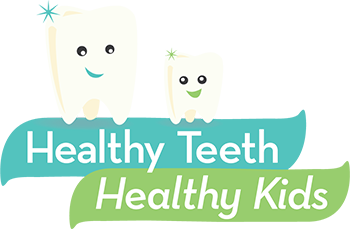How to Brush & Floss Your Child's Teeth
Parents who have a child with special health care needs understand that regular oral hygiene can be difficult. Here are some tips to make it easier and more productive for everyone.
- Once teeth come in, brush twice a day with toothpaste that contains fluoride.
- For children ages 0 – 3
- For children ages 3 – 12
- For teens
- Your child may resist brushing due to the feeling of the toothbrush in the mouth or the flavor of the toothpaste.
- Experiment with different toothpaste flavors.
- Try different types of toothbrushes, different bristle textures for the toothbrush.
- Consider using an oral swab if your child cannot tolerate the sensation of a tooth brush.
-
If your child has difficulty holding a toothbrush, try enlarging the handle of the toothbrush. To make the toothbrush handle bigger, wrap it with aluminum foil, gripped shelf liner, or a washcloth wrapped with rubber bands.
-
If your child has difficulty reaching his or her mouth with a toothbrush, you can lengthen the handle of the brush. Run the handle under hot water and bend it at the neck. Attach a ruler or popsicle stick to the toothbrush handle to lengthen it.
-
It may be easier for your child to bend over and bring his or her face to the toothbrush rather than bring the toothbrush up to the face. It may also be more comfortable for your child to hold the toothbrush while propping his elbow on the counter, a box, or a towel while brushing.
-
Make sure your child’s toothpaste contains fluoride. Toothpaste that contains fluoride prevents cavities.
-
Consider singing a song just before or while you are brushing your child’s teeth to make it a more enjoyable experience.
Communication and routine are essential
-
Talk with your child regularly about the importance of his/her oral health.
-
Create an oral health routine with your child as early as possible.
-
Build brushing the teeth into your child’s morning and nightly routine. Morning and nightly routines are extremely important; bathing, dressing, brushing teeth, and go to bed, etc.
-
Brush your teeth with or in front of your child so he/she can see you practice good oral health too.
-
Unhealthy oral habits, such as putting fingers in the mouth or chewing on foreign objects, should be discouraged.



